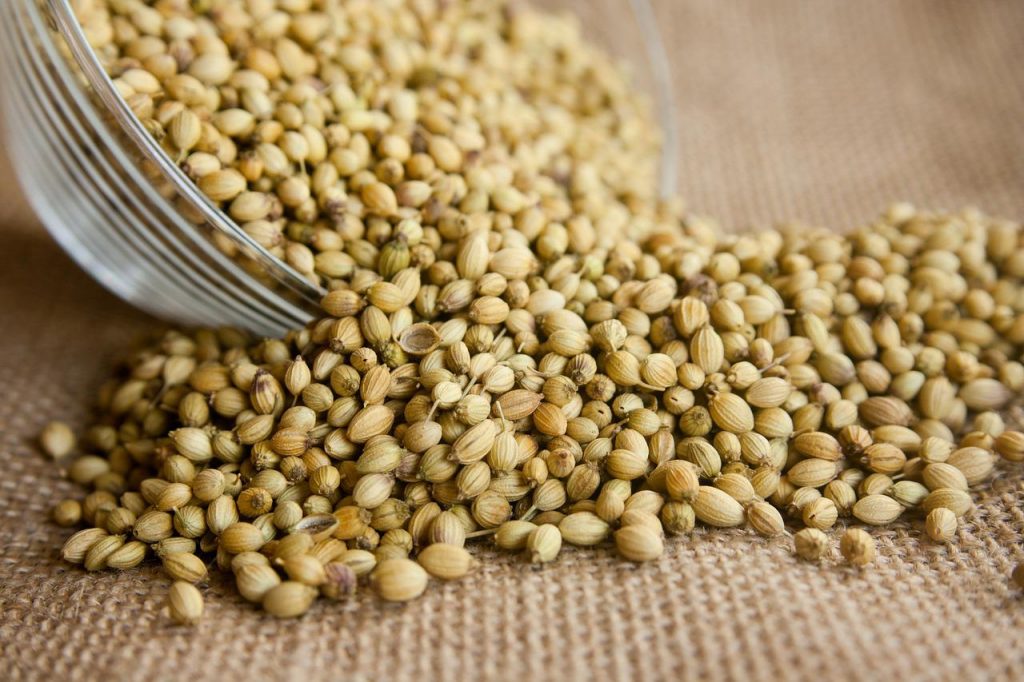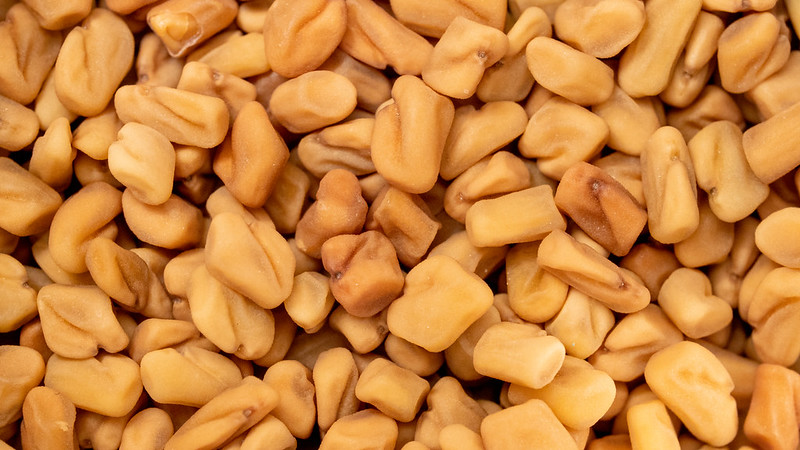
Introduction: In the realm of weight management, the Indian kitchen offers a treasure trove of spices not only rich in flavor but also in health benefits. These spices are more than just culinary delights; they are potent allies in your weight loss journey. This comprehensive guide introduces you to 10 Indian spices that can be game-changers for your health and waistline.
1. Turmeric – The Golden Wonder: Turmeric, with its active compound curcumin, isn’t just a staple in Indian curries—it’s a powerhouse for boosting metabolism. Curcumin aids in fat burning and reducing inflammation linked to obesity.
2. Ginger – The Digestive Aid: Ginger isn’t just for soothing sore throats—it’s a digestive marvel. It enhances the thermic effect of food, helping you burn more calories and manage weight effectively.
3. Black Pepper – The Fat Fighter: Black pepper contains piperine, a compound that enhances metabolism and prevents the formation of new fat cells. It’s not just a seasoning—it’s a weight management hero.
4. Fenugreek – The Appetite Controller: Fenugreek, with its earthy aroma, is known for increasing satiety and enhancing digestive efficiency. It’s a traditional remedy turned modern weight-loss aid.
5. Mustard Seeds – The Metabolic Booster: These tiny seeds are giants in boosting metabolism. Rich in glucosinolates, they enhance thermogenesis and fat burning.
6. Cinnamon – The Blood Sugar Regulator: Cinnamon is a sweet way to keep your blood sugar levels in check. It aids in controlling insulin spikes that can lead to weight gain.
7. Cardamom – The Thermogenic Spice: This aromatic spice isn’t just for flavor—it boosts metabolism and helps burn body fat more effectively.
8. Cumin – The Digestion Enhancer: Cumin is a miracle spice for digestion and absorption of nutrients, key factors in maintaining a healthy weight.
9. Coriander – The Detoxifier: Coriander, with its refreshing taste, aids in detoxifying the body and improving digestion, crucial for weight management.
10. Fennel Seeds – The Hunger Suppressant: Fennel seeds are great for curbing appetite and enhancing satiety, making them a great ally in your weight loss journey.
Incorporating These Spices: Including these spices in your daily diet isn’t just easy—it’s delicious! From sprinkling cinnamon in your morning oatmeal to brewing a ginger-turmeric tea, the possibilities are endless.
Precautions and Balance: While beneficial, it’s crucial to use these spices in moderation. Overconsumption can lead to adverse effects. Always balance their use with a healthy diet and exercise.
Conclusion: Embracing these spices is embracing a world of flavor and health benefits. They’re not just condiments; they’re potent tools in your journey towards a healthier, leaner you. Enjoy the journey of discovery in your kitchen and witness the transformation in your health!
10 FAQs on Indian Spices for Weight Management
1. How does turmeric aid in weight loss? Turmeric contains curcumin, which enhances fat burn and reduces inflammation related to obesity, thereby aiding in weight loss.
2. Can ginger help with weight management? Yes, ginger promotes digestion and increases the thermic effect of food, helping in weight management.
3. Is black pepper effective in weight loss? Black pepper contains piperine, which boosts metabolism and discourages the formation of new fat cells, aiding in weight loss.
4. How does fenugreek assist in controlling appetite? Fenugreek seeds increase feelings of fullness and help control appetite, making them beneficial for weight management.
5. Do mustard seeds help in burning fat? Yes, mustard seeds stimulate thermogenesis, the process of heat production in the body, which aids in fat burning.
6. How does cinnamon help in weight management? Cinnamon helps regulate blood sugar levels, reducing insulin spikes that can lead to weight gain.
7. Can cardamom aid in weight loss? Cardamom is a thermogenic spice that can boost metabolism and help burn body fat more effectively.
8. What role does cumin play in weight management? Cumin aids in digestion and nutrient absorption, which are essential for maintaining a healthy weight.
9. How does coriander contribute to weight loss? Coriander aids in detoxifying the body and improving digestion, which are important for weight management.
10. Are fennel seeds effective for weight loss? Fennel seeds help suppress hunger and enhance satiety, making them a helpful addition to a weight loss diet.
Blog Tags for the Post
Indian spices, weight loss, healthy eating, metabolism boosting, fat burning, natural remedies, dietary spices, turmeric benefits, ginger for weight management, black pepper and weight loss, fenugreek for appetite control, mustard seeds for thermogenesis, cinnamon and blood sugar, cardamom benefits, cumin for digestion, coriander detox, fennel seeds for satiety


















